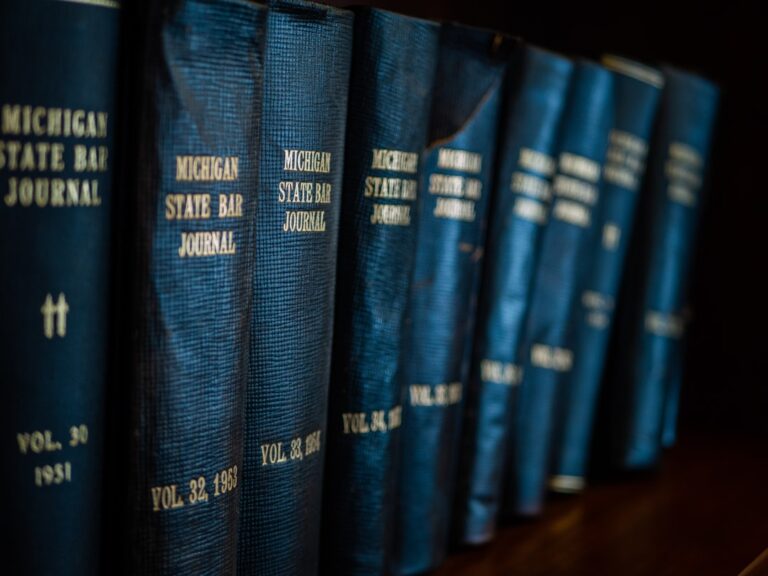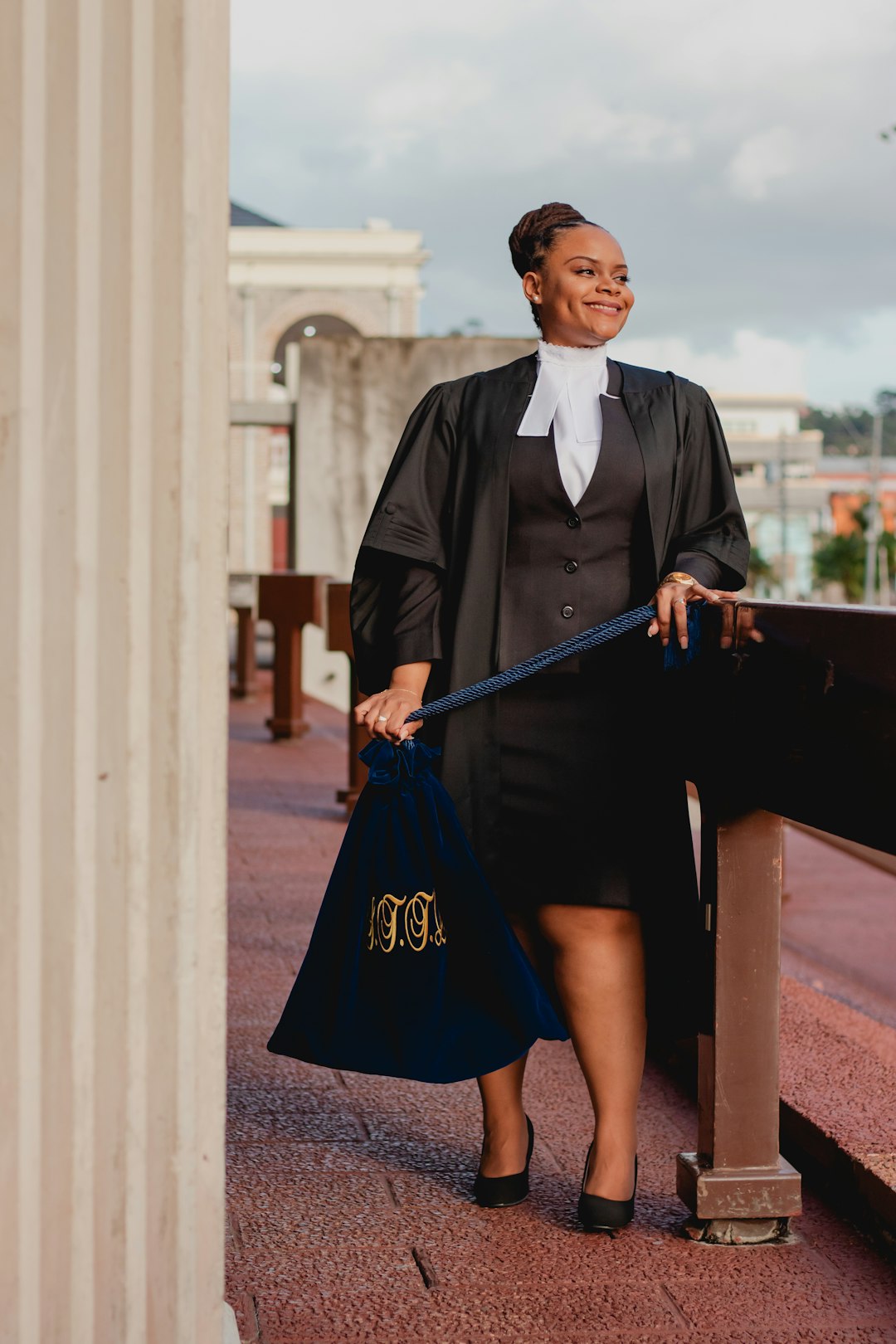In Bridgeport, Connecticut, sexual assault attorneys and experts collaborate to navigate complex legal procedures and present critical expert testimony. These professionals ensure fairness by offering insights on medical, psychological, and forensic aspects, managing evidence, and educating juries about trauma responses and survivor behaviors. Their expertise is subject to strict admissibility criteria based on reliability and relevance, playing a pivotal role in shaping trial outcomes while handling ethical considerations sensitively.
In Bridgeport, Connecticut, sexual assault cases often hinge on complex scientific and medical evidence. Understanding the role of expert testimony is crucial for both prosecution and defense. This article explores the intricate dynamics of expert opinions in sexual assault trials, delving into their admissibility criteria, impact on jury decisions, and ethical considerations. With a focus on Connecticut’s legal landscape, it provides insights for sexual assault attorneys navigating these challenging cases.
Understanding Expert Testimony in Sexual Assault Cases

In sexual assault cases, expert testimony plays a pivotal role in navigating the complex legal landscape. This type of evidence is presented to assist the court and jury in understanding highly technical or specialized subjects that are outside the common knowledge of most individuals. In Bridgeport, Connecticut, where experienced sexual assault attorneys often represent clients, this can include medical expertise, psychological assessments, and forensic analyses related to sexual violence.
Expert witnesses provide insights based on their specialized training and experience, helping to clarify complex matters for the jury. For instance, a forensic scientist might testify about the reliability of DNA evidence, while a psychologist could offer expert opinion on the common dynamics of traumatic experiences. These professionals ensure that crucial aspects of the case are presented accurately, enhancing the overall fairness of the trial process. Their testimony can significantly influence the outcome, making it essential for sexual assault attorneys to collaborate closely with these experts in building robust defenses.
The Role of Sexual Assault Attorneys in Connecticut

In Bridgeport, Connecticut, the role of sexual assault attorneys is paramount in ensuring justice and fairness for all parties involved in such sensitive cases. These legal professionals are experts in navigating the complexities of sexual assault laws and procedures. They play a crucial part in representing both victims and accused individuals, providing invaluable support and guidance.
Sexual assault attorneys in Connecticut possess extensive knowledge of state-specific legislation, which is essential given the intricate nature of these cases. Their expertise includes understanding the admissibility of evidence, interpreting medical reports, and cross-examining witnesses to uncover the truth. They advocate for their clients’ rights while adhering to legal protocols, ultimately contributing to a robust and balanced judicial process.
Admissibility: Criteria for Expert Evidence in Court

In Bridgeport, Connecticut, the admissibility of expert testimony in sexual assault cases is governed by strict legal criteria. To be admitted into court, such evidence must meet the standards set forth by state and federal laws. The primary focus is on ensuring that the expert’s knowledge and opinions are reliable and relevant to the case at hand.
Sexual assault attorneys in Connecticut often engage experts in fields like medicine, psychology, and forensics who possess specialized knowledge about sexual assault dynamics, trauma responses, and evidence collection procedures. These experts play a crucial role in providing context, explaining complex medical or scientific concepts to the jury, and helping to reconstruct events surrounding the alleged assault. The court assesses the expert’s qualifications, methodology, and whether their conclusions are supported by accepted practices within their field before deciding its admissibility.
Impact on Trial: Presenting and Countering Expert Opinions

In Bridgeport, Connecticut, the role of expert testimony in sexual assault cases is pivotal. These opinions can significantly shape the outcome of a trial by providing intricate insights into complex medical, psychological, and social issues. When a sexual assault attorney from Connecticut presents an expert’s opinion, they aim to educate the jury about specialized knowledge not readily available to the average person. This could involve explaining the intricacies of trauma responses, the potential for false memories, or the common behaviors exhibited by survivors. Such testimony helps in humanizing the victim and challenging the prosecution’s narrative.
Conversely, the defense must also navigate the presentation and countering of expert opinions effectively. They may engage sexual assault attorneys to offer contrasting views, questioning the methodology, validity, or relevance of the prosecution’s expert testimony. This strategic maneuver aims to sow doubt in the jury’s mind, thereby potentially altering their perception of the evidence. Balancing the impact of expert opinions requires meticulous preparation and a deep understanding of both the law and the underlying scientific principles involved in sexual assault cases.
Ethical Considerations for Experts in Sexual Assault Defense

In Bridgeport, Connecticut, the role of expert testimony is pivotal in sexual assault cases, aiming to provide clarity and objectivity amidst complex and sensitive issues. However, experts engaging in such defenses must navigate a landscape fraught with ethical considerations. The primary concern revolves around maintaining impartiality and avoiding any potential harm or further victimization of the survivor. Experts must refrain from offering opinions that could blame or shame the survivor, or imply that their behavior elicited or encouraged the assault.
Sexual assault attorneys in Connecticut rely on these experts to educate the court without perpetuating harmful stereotypes or myths about survivors. This includes understanding and adhering to legal standards, such as ensuring their testimony is based on reliable methodologies and peer-reviewed research. Moreover, experts should be mindful of the impact of their words, both inside and outside the courtroom, recognizing that their insights can shape public perception and potentially influence future cases.






